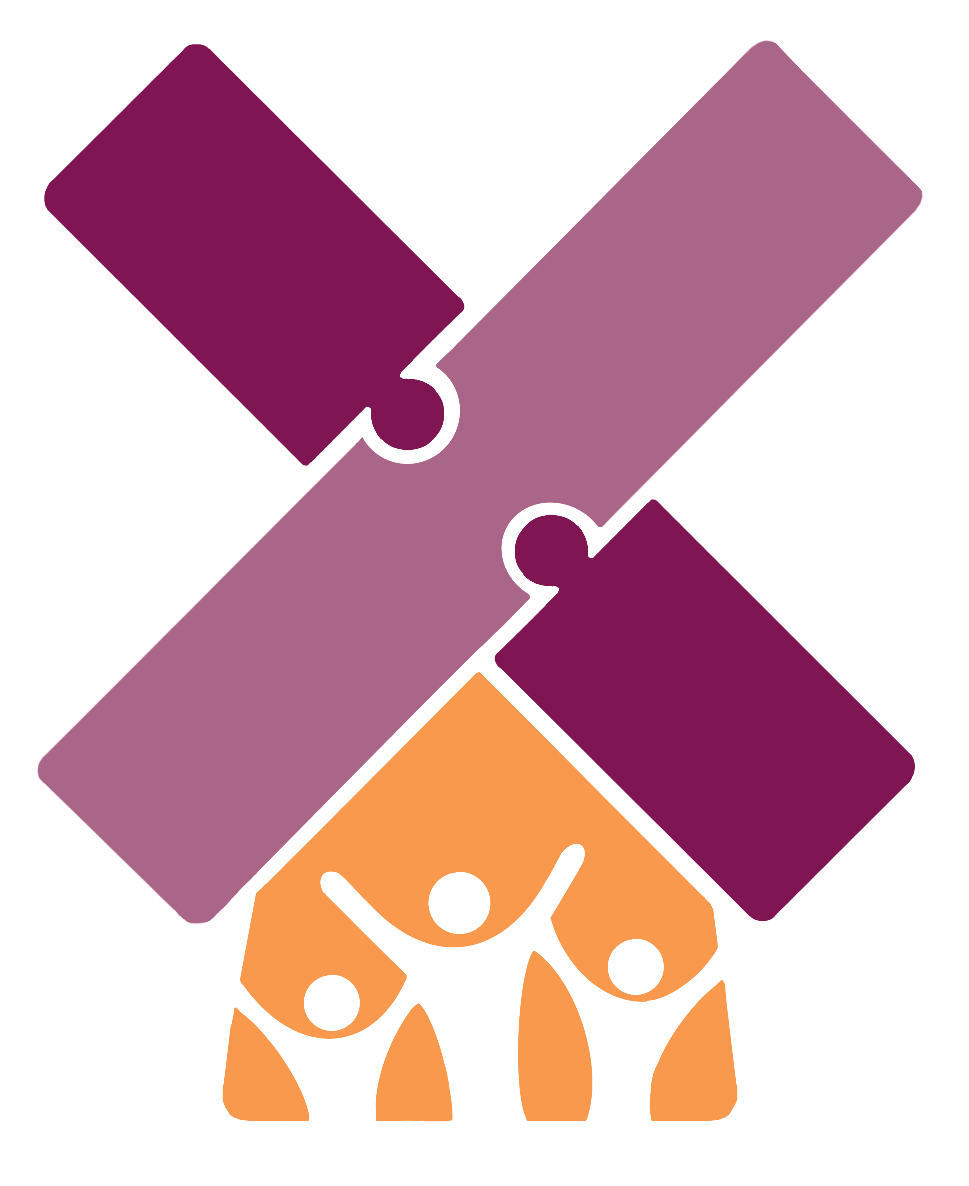Dear EKC: How Do I Change in the New Year?
Dear EKC,
Every year on New Year’s Day, I write my list of new year resolutions. They’re kind of always the same: eat healthier, stop procrastinating, put down my phone—basically I want to be better at managing my life. I go to bed and feel motivated: like “This is it! This is the year everything changes.”
But, then, every year, by like January 15, everything starts to fall apart. I’ll tell myself “just one episode!” and I’m suddenly three hours into a Netflix binge. I promise myself I’ll finish my homework first thing when I get home from school, but then it’s 11 pm and I’m rushing to get it done. And eating healthier is so hard—I feel like I’ve failed as soon as I eat a bag of chips and then it’s like it’s not worth it to bother trying.
It’s not that I don’t want to stick to my goals, I do! I really want it to be different. I want to stop feeling like I’m playing catch up. But when I mess up, it’s like my brain tells me “See? You can’t do this.”
I don’t want to keep breaking promises to myself! I just don’t know how to make resolutions that actually stick—and keep believing in myself when I slip up. How do I change this year into one where I actually follow through?
—Stuck on Repeat
Dear Stuck On Repeat,
I’m so glad you wrote in! You’d be amazed at how many people we talk to who go through the same thing, year after year. And not just teens—adults, too. It’s hard to make resolutions and keep them! But it’s really great that you’re reflecting on your patterns and reaching out for advice. Recognizing the challenge is the first step. Changing habits, whether it’s breaking an old one or starting a new one, can feel overwhelming. You’re not alone, and there are ways to approach it with intention and kindness to yourself.
The first thing I’d suggest doing is to ask yourself, “What matters to me?” What values do you want your day-to-day choices to align with? Maybe it’s productivity, feeling healthier, or having more time to connect with others. Thinking about your “why” can give you direction. Instead of focusing only on what you want to change, connect it to the bigger picture. How do you want to live, and what choices reflect that?
Now that you have your “why,” pay attention to what triggers the habits you’re trying to shift. These patterns often happen automatically, like reaching for your phone without even realizing it. What’s happening in those moments? Are you feeling bored, overwhelmed, or just looking for a quick distraction?
Once you notice the trigger, you can explore other ways to cope with what’s coming up. You can try doing something different. If your instinct is to grab your phone when you’re bored, maybe you can step outside for a couple minutes instead, or put on a playlist and stretch. Sometimes, doing the opposite of your “instinct” can help. If a habit feels too easy to fall into, making it a little harder can create a helpful pause. For example, unplugging your devices or setting a screen timer can help break the cycle of endless scrolling.
Another important part of changing habits is slowing down. So often, we act without thinking because habits are automatic. Create space, by taking a deep breath, noticing what you’re about to do, and reflecting on how it feels. This can give you the chance to choose your response instead of reacting on autopilot. Having that kind of awareness can open up small windows to make different choices.
It can also help to share your goals with someone you trust. Maybe it’s a friend, a parent, or a sibling. Letting someone in on what you’re working toward can make a difference. They can encourage you when it’s hard and celebrate your progress when you make those wins. Sometimes just saying a goal out loud makes it feel more real—and it’s easier to stick to when you know someone’s cheering you on.
And speaking of those wins—reward yourself for them! Change takes effort! It’s important to acknowledge your progress. Whether you stuck to your goal for one day or noticed yourself stopping to reflect before you acted, it counts. Maybe treat yourself to a favorite snack, a new book, or just take a moment to say, “I did that.” Rewards can keep you motivated as you go on.
Most importantly, be kind to yourself as you work through this. You’re not supposed to be perfect, and there’s no such thing as “getting it right” 100% of the time. Habits don’t form overnight and breaking them takes patience. When things don’t go as planned, try to embrace the imperfections instead of being hard on yourself. Giving yourself credit for trying matters. Self-compassion will help you stay focused on your progress instead of getting stuck in frustration.
Change is possible! You’re already on your way by noticing what you want to shift. Start small, stay mindful, and don’t forget to give yourself grace. Little steps can lead to big changes over time.
Best of luck in the new year!
Kate Berger
EKC Psychologist

